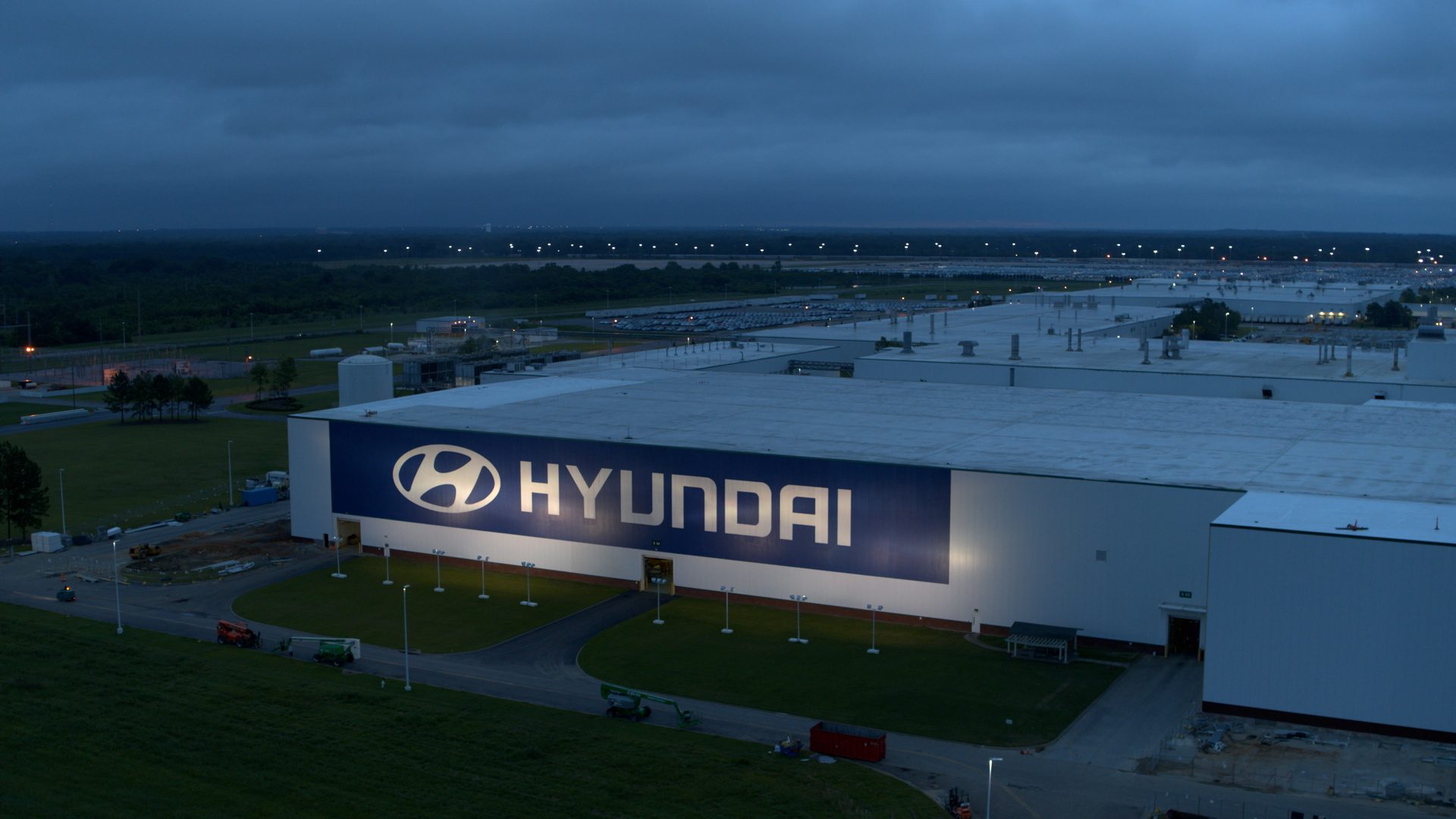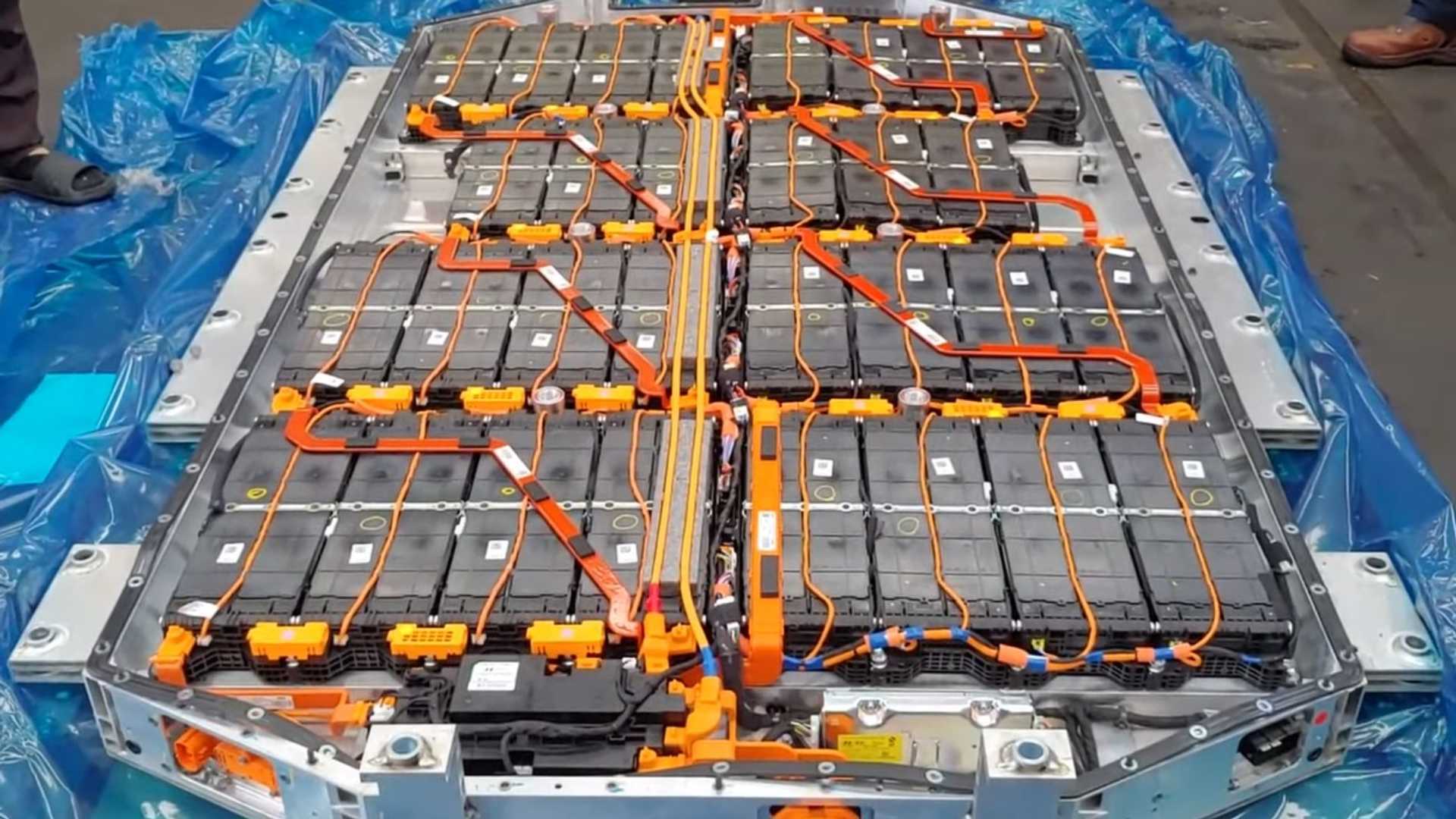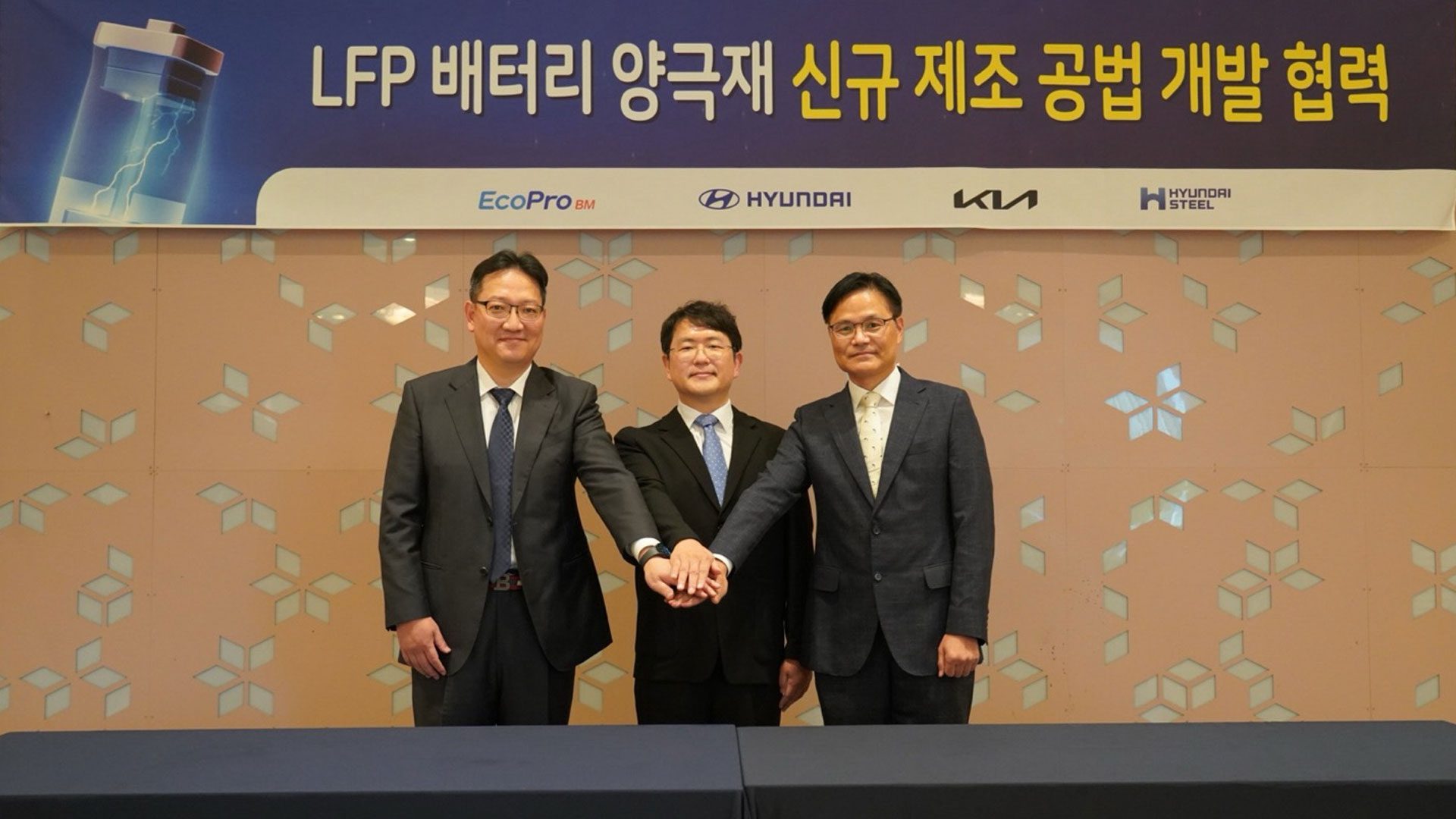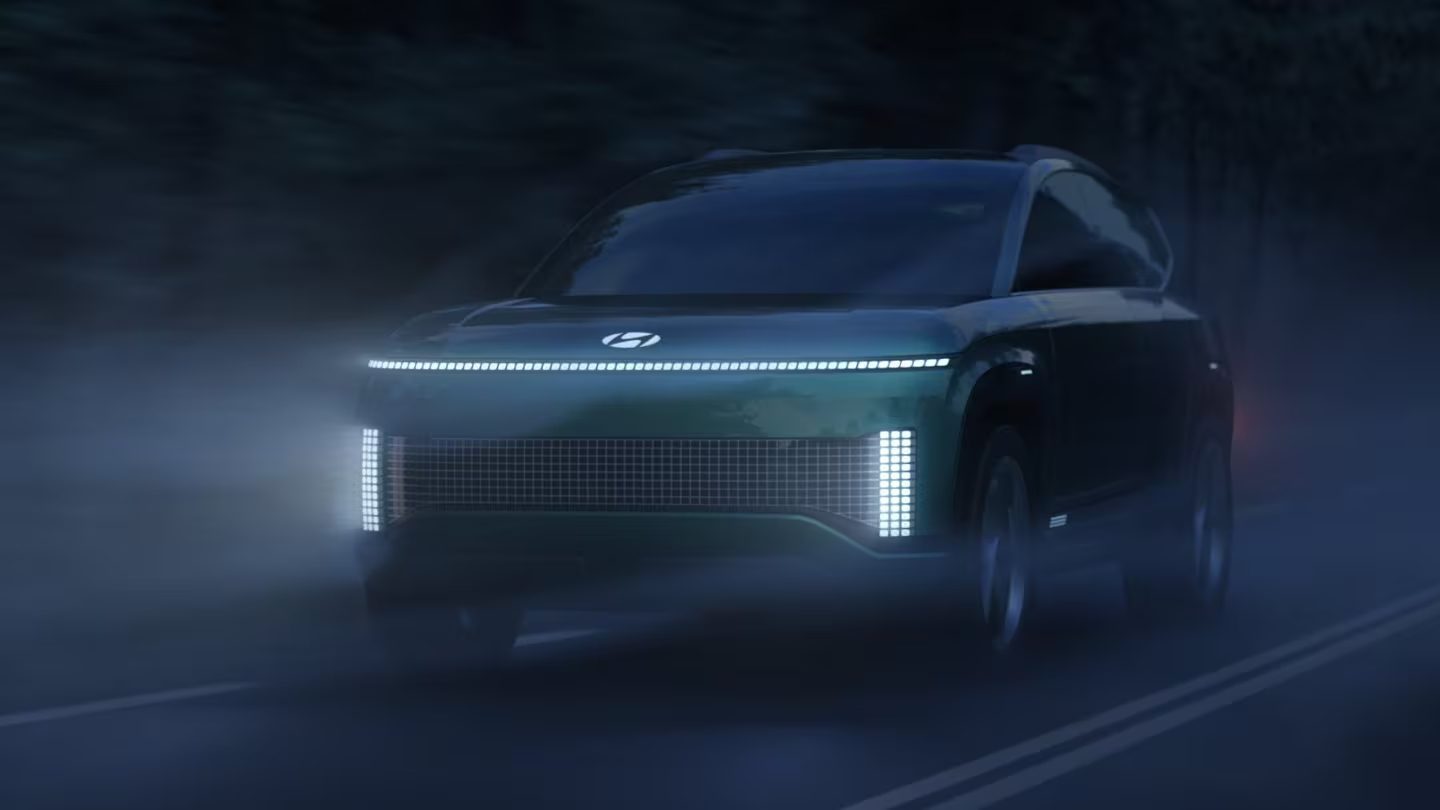Abstract
- Hyundai goals to guide the EV market by growing industry-leading LFP batteries with increased vitality density
- LFP batteries provide decrease manufacturing prices than different battery chemistries, making EVs extra reasonably priced
- Greater vitality density interprets to longer driving vary on a single cost, making EVs extra sensible for each day use and lengthy journeys
- Hyundai is collaborating with different Korean firms to strengthen its battery improvement and manufacturing capabilities.
- With its modern battery expertise and profitable EV fashions just like the IONIQ 5, Hyundai is poised to problem the dominance of conventional EV producers
The electrical car (EV) market is experiencing fast development, fueled by developments in expertise and growing shopper demand. Amidst this aggressive panorama, Hyundai is making a daring transfer to disrupt the {industry}. The South Korean automaker is investing closely in battery expertise, aiming to leapfrog its rivals and redefine the way forward for electrical mobility.
Hyundai’s technique facilities round growing industry-leading lithium iron phosphate (LFP) batteries. These batteries provide a big benefit when it comes to vitality density, resulting in longer vary, extra highly effective electrical autos, and in the end, decrease prices for shoppers. By breaking free from the normal reliance on Chinese language battery producers, Hyundai is positioning itself as a key participant on this vital element of the EV provide chain.
With the IONIQ 5, Hyundai has already demonstrated its capability to problem the established order and introduce modern electrical autos. Now, the corporate’s bold battery plans might propel it to the forefront of the EV revolution.
Hyundai Is Growing Trade-Main LFP Batteries


Hyundai Motor Firm, a South Korean automotive large, is poised to shake up the electrical car (EV) {industry} with its bold plans to outpace opponents in battery expertise. The corporate’s strategic give attention to growing industry-leading lithium iron phosphate (LFP) batteries has the potential to redefine the EV panorama. These modern batteries will provide a better vitality density of round 300 Wh/kg in comparison with the battery density of 210 Wh/kg of present LFP translating into extra highly effective, longer-range, and in the end, extra reasonably priced electrical vehicles and even less expensive than combustion engine vehicles.
Hyundai’s bold technique is ready to confront the stronghold of Chinese language companies corresponding to CATL and BYD, which at the moment command 90% of the LFP battery market. By specializing in growing regionally manufactured LFP batteries, Hyundai goals to capitalize on their advantages, together with decrease prices and enhanced stability in comparison with high-performance NCM batteries, which carry a better fireplace danger. This initiative is designed to not solely compete with present gamers but in addition to raise the usual of LFP battery expertise. Whereas Hyundai Motor performs a direct function within the design of those batteries, its companions are chargeable for the event course of.
Hyundai initially aimed to complete growing Lithium Iron Phosphate batteries by 2023 and 2024. Nevertheless, the corporate has adjusted its timeline, now focusing on the completion of 300Wh/kg LFP batteries by 2025.
The New 300WH/KG LFP Batteries Will Make EVs Extra Inexpensive and Enhance Vary


Hyundai’s bold purpose of growing LFP batteries with an vitality density of 300Wh/kg is poised to considerably influence the electrical car (EV) market in a number of methods:
- Improved Vary: Greater vitality density signifies that extra vitality might be saved in a smaller battery pack. This interprets on to elevated driving vary on a single cost. EVs outfitted with these batteries will be capable to journey additional earlier than needing to recharge, making them extra sensible for longer journeys.
- Diminished Prices: LFP batteries are inherently inexpensive to fabricate than different battery chemistries, corresponding to NCM (nickel-cobalt-manganese). By reaching a better vitality density in LFP batteries, Hyundai can additional scale back prices by utilizing smaller, inexpensive battery packs to realize the identical vary. It will in the end make EVs extra reasonably priced for shoppers.
- Elevated Accessibility: Extra reasonably priced EVs with longer ranges will make them accessible to a wider vary of shoppers. This might speed up the adoption of electrical autos and contribute to a extra sustainable transportation future.
A Cooperative, Sustainable Technique


Hyundai’s funding in next-generation lithium iron phosphate (LFP) batteries, focusing on an vitality density of roughly 300 Wh/kg, has profound implications for people, communities, and nations. Past enhancing its competitiveness in opposition to Chinese language leaders like CATL and BYD, Hyundai’s improvements contribute to a extra sustainable transportation future. The corporate’s important funding of $7.3 billion in battery expertise and provide chain improvement holds the promise of considerable job creation.
The institution of producing services and associated industries can bolster native economies, producing hundreds of employment alternatives. Furthermore, Hyundai’s partnerships with home firms like LG Vitality Answer, Samsung SDI, and SK On strengthen the financial panorama. Hyundai additionally teamed up with Kia, Hyundai Metal, and EcoPro BM to reinforce EV battery expertise. They’re launching a undertaking to develop lithium iron phosphate (LFP) battery cathode materials manufacturing expertise in Korea. The four-year undertaking goals to synthesize supplies instantly, lowering emissions throughout manufacturing and reducing manufacturing prices
The Influence of Hyundai’s Technique on the EV Trade


Hyundai’s improvement of industry-leading lithium iron phosphate (LFP) batteries is poised to considerably influence the electrical car (EV) {industry}. These superior batteries promise to ship increased vitality density, which interprets to better energy, prolonged vary, and decrease manufacturing prices for electrical autos. By prioritizing LFP expertise, Hyundai can provide shoppers extra reasonably priced and dependable EV choices, addressing key boundaries to wider adoption.
The corporate has already showcased its disruptive potential with the launch of the IONIQ 5, a groundbreaking electrical crossover that has obtained widespread popularity of its modern design, spectacular efficiency, and superior expertise options. This success not solely demonstrates Hyundai’s functionality to ship compelling electrical autos but in addition units the stage for its upcoming LFP battery initiatives. As Hyundai continues to refine its battery expertise, it might reshape the aggressive panorama of the EV market, difficult established gamers and positioning itself as a pacesetter within the transition to sustainable transportation.
Conclusion
Hyundai’s groundbreaking LFP battery expertise has the potential to revolutionize the electrical car {industry}. By providing increased vitality density, improved vary, and decrease prices, these batteries could make EVs extra accessible and enticing to a wider vary of shoppers. Hyundai’s funding in LFP batteries is a strategic transfer that aligns with the rising demand for sustainable transportation options. As the corporate continues to innovate and develop its EV choices, it’s poised to play a big function in shaping the way forward for electrical mobility.

